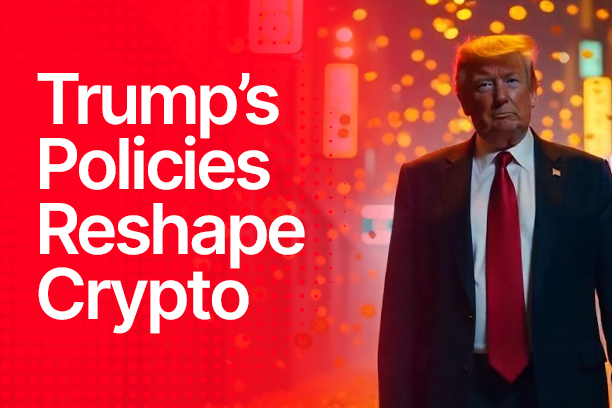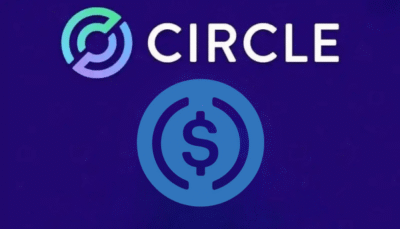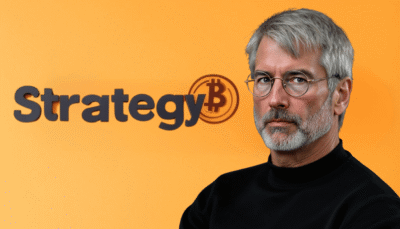Global economic policies have always influenced the crypto market, but former President Donald Trump’s approach to tariffs and digital assets is causing an even bigger shift. As tariffs impact the global economy, traders and investors consider Bitcoin and other cryptocurrencies a hedge.
At the same time, discussions around a U.S. crypto reserve have sparked speculation about the government’s potential involvement in digital assets. These policies are shaping the American market and influencing crypto strategies worldwide.
How Trump’s Tariffs Are Affecting Crypto
Trump’s trade policies, particularly his tariff strategy, have long been a tool for negotiating economic power. The uncertainty created by tariffs has caused fluctuations in traditional markets, leading investors to explore alternative assets like Bitcoin, Ethereum, and stablecoins. Many traders see crypto as a safe haven, like gold, during economic instability.
Recently, reports have surfaced that the U.S. government may be considering a strategic crypto reserve, which would mean an official government-backed investment in Bitcoin and other digital assets. This speculation has already started to move the markets, with some U.S.-based coins seeing sudden spikes.
“You are one headline, one tweet away from getting liquidated.” – Matthias
Matthias emphasized that traders must be cautious in this unpredictable market, as one government announcement could send prices soaring or crashing in minutes.
Global Impact Of U.S. Crypto Reserve
A potential U.S. crypto reserve is a game-changer. If the U.S. officially integrates Bitcoin and other cryptocurrencies into its financial strategy, it would legitimize digital assets at a government level, pushing other nations to follow. Several countries are already adjusting their crypto approach based on U.S. policies.
Belarus has started discussing using its surplus electricity to mine Bitcoin rather than exporting power at lower profits. Bhutan has quietly built a $950 million Bitcoin mining operation, leveraging hydropower to keep mining costs low. Meanwhile, Japan is reducing its crypto tax rate from 55% to 20% to attract institutional investors.
El Salvador, one of the earliest adopters of Bitcoin, now holds over 6,100 BTC, worth more than $500 million. The country continues to expand its Bitcoin mining using geothermal energy, proving that digital assets can be an integral part of a nation’s financial ecosystem.
Crypto In Trump-Influenced Economy
The crypto market remains highly sensitive to economic policies and government actions. If Trump’s policies continue to disrupt global trade, more investors may turn to crypto as a hedge. If the U.S. government formally adopts a Bitcoin reserve, it could trigger a global race for digital asset accumulation.
What’s clear is that crypto is no longer just a speculative investment—it’s becoming a strategic financial tool for individuals and governments. As the world watches how the U.S. navigates tariffs and digital assets, one thing is certain: crypto’s role in the global economy is only getting bigger.





